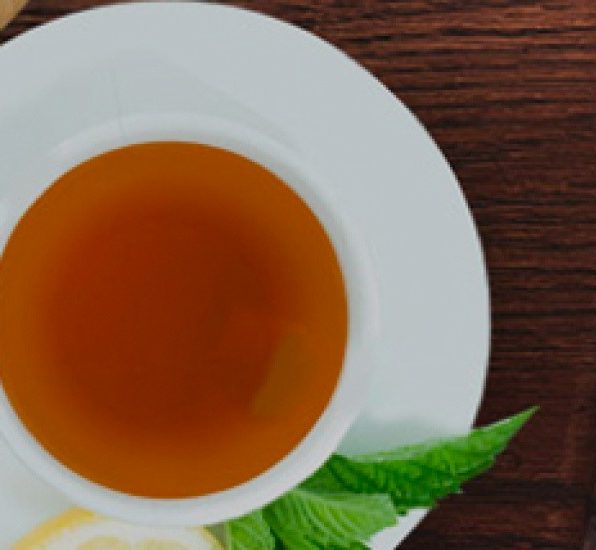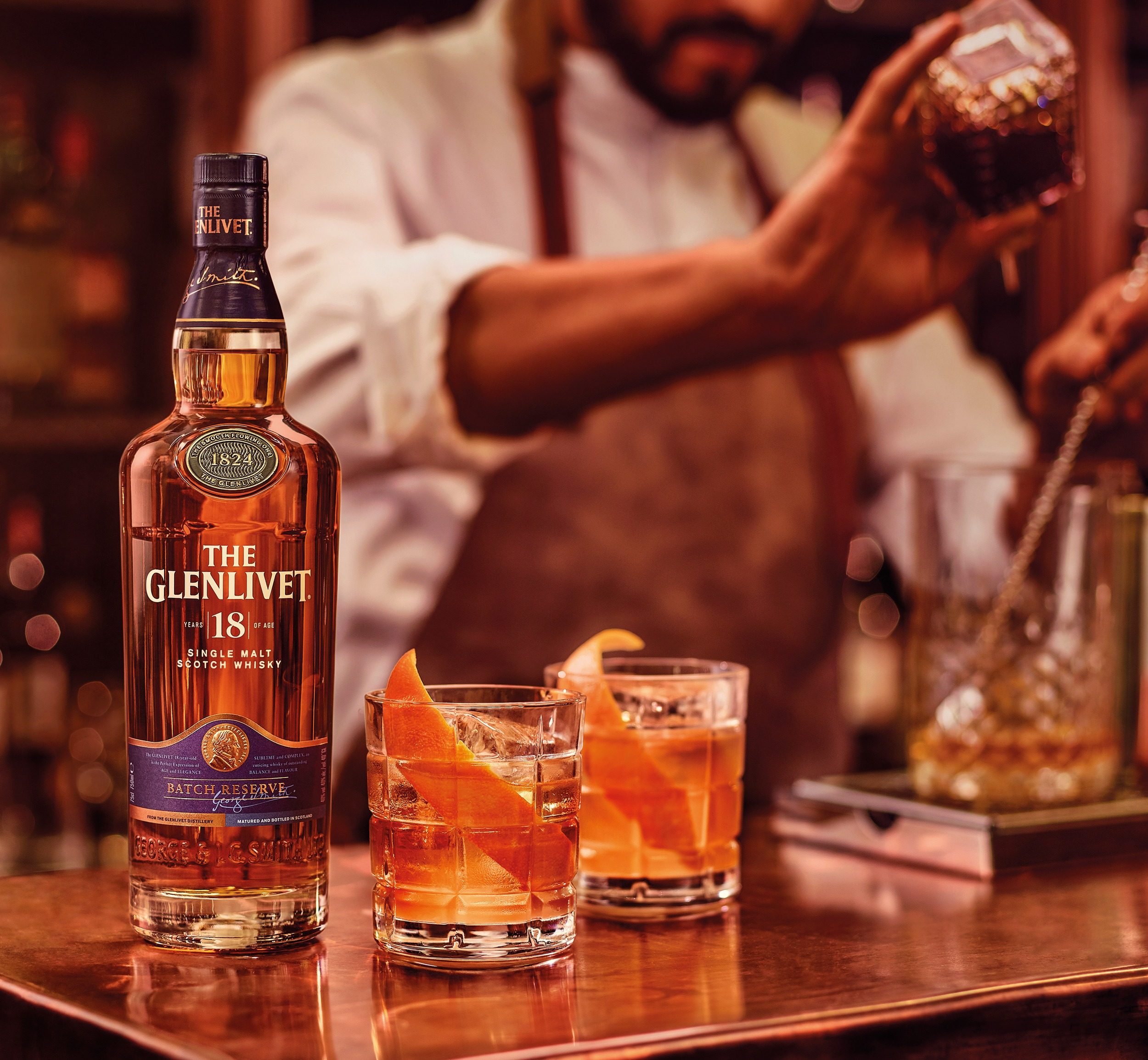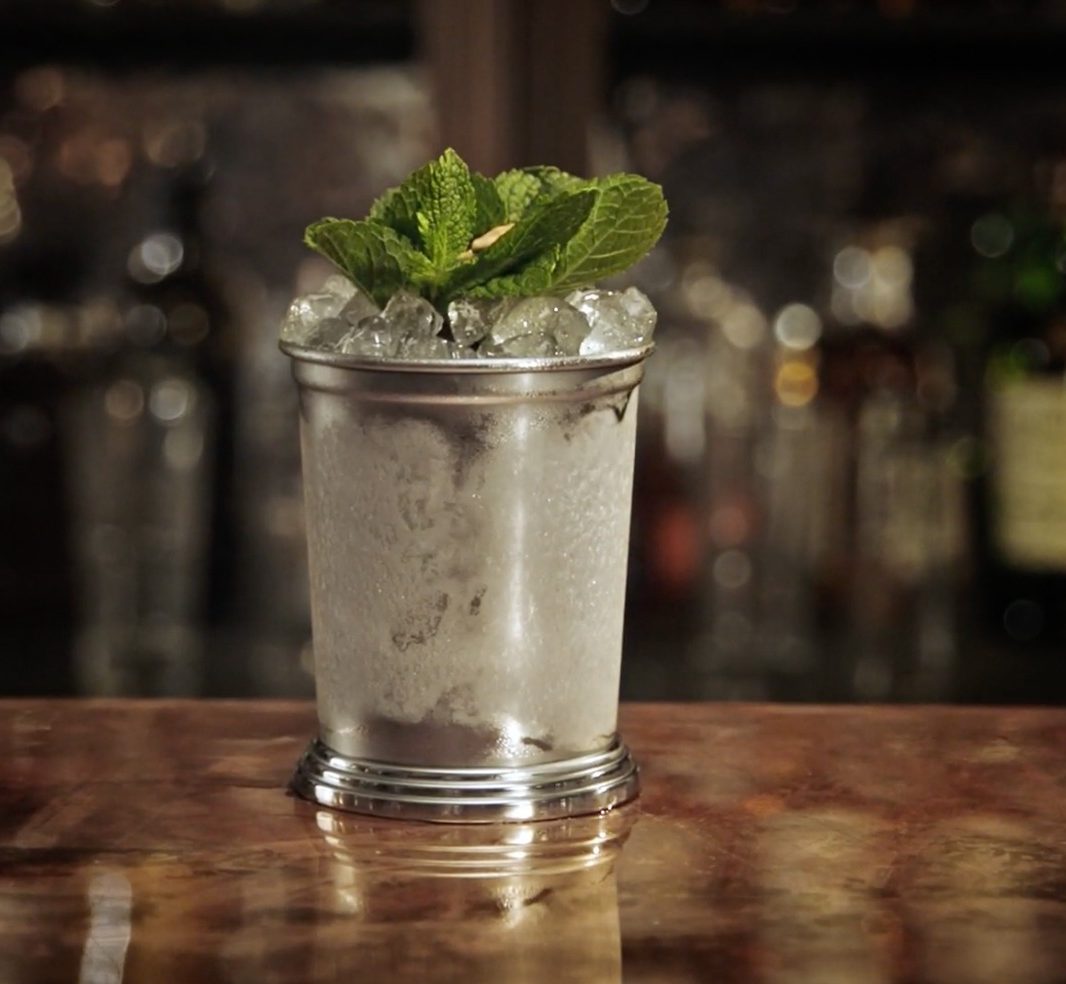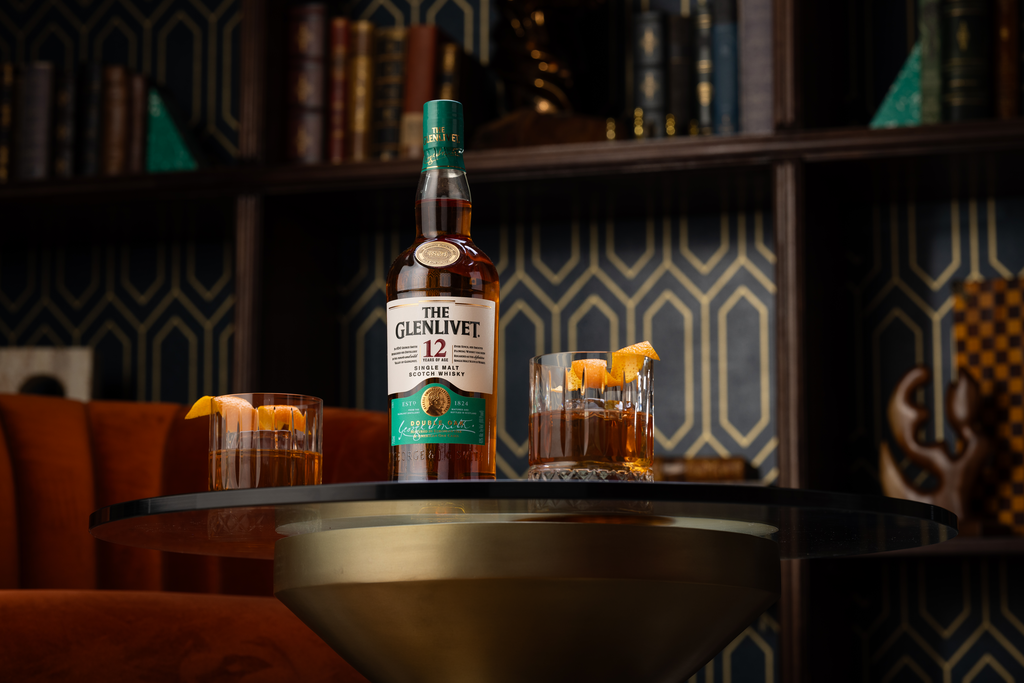
THE GLENLIVET GUIDE TO BEER AND WHISKY PAIRING
Different alcoholic drinks have long been combined to create iconic and much-loved cocktails. You can’t have a classic Martini without gin and vermouth, for example, and a Godfather just wouldn’t be the same without the delectable flavour that comes from pairing scotch and amaretto.
However, it doesn’t always have to be two spirits that are brought together for a successful blend. Other alcohols can be just as powerful when crafting a cocktail; just think of Sangria, Mimosas and Bellinis.
One of the most underrated ingredients when it comes to cocktails is beer. There are so many variations and flavours to choose from, all of which offer something special when looking to pair them with other alcohols.
In this article, we explore the harmony between whisky and beer and how you can experiment with mixing them together to create new, exciting – and most importantly, delicious – whisky drinks.
Can you mix beer and whisky?
Whisky and beer have been drunk in unison since the 15th century so yes, you can definitely mix the two!
It’s unsurprising that beer and whisky work well together considering that they start with the same three base ingredients of grains, yeast, and water and during the initial stages of their creation, they go through similar processes.
Just as whiskies can have different flavours depending on how they’re made, their ingredients and their age, beer can range from being mild, with a light, crisp mouthfeel to bold and robust, with intense aromas. When pairing whisky and beer, you can look for pairings that have similar profiles such as citrus notes, or opt for duos that complement one another such as toffee and apple.
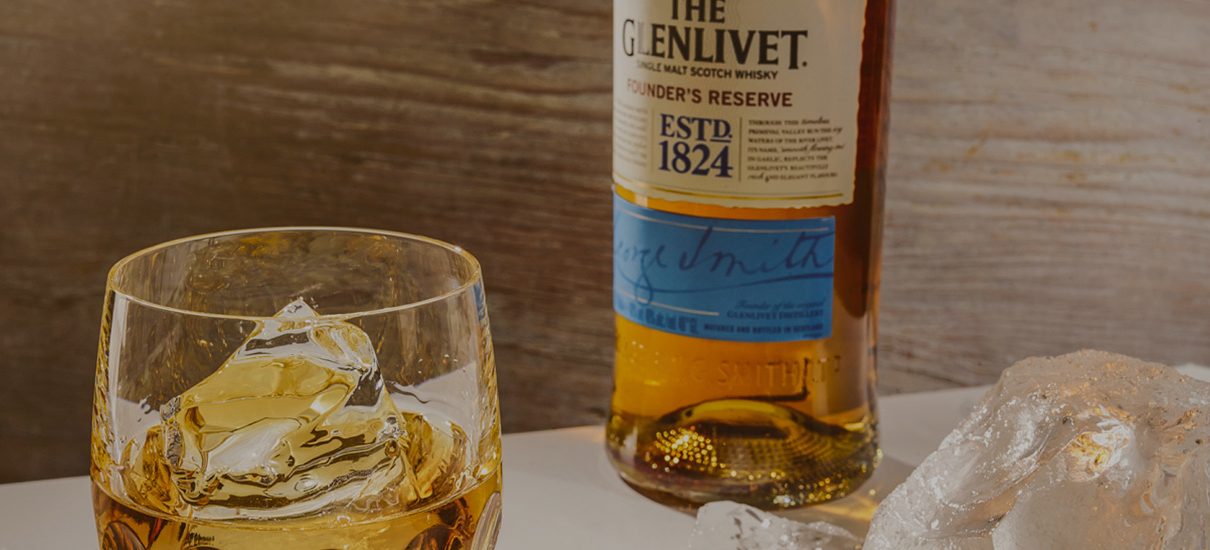
What is it called when you mix beer and whisky?
Perhaps the best-known example of pairing beer and whisky, the Boilermaker is believed to have originated sometime in the 1800s. There are several stories about how it came to be, but it is largely believed that the drink takes its name from the blue-collar workers that made it part of their after-work routine.
What is a boilermaker?
The Boilermaker cocktail is a classic and straightforward drink that consists of two main components: beer and whisky. It’s a no-frills, no-nonsense drink that’s popular in bars and pubs around the world. As already mentioned, the history of the Boilermaker is a bit murky, but it’s believed to have originated in the United States in the late 19th or early 20th century among workers in the railroad or steel industries. It is said that workers who built locomotive engines would head to bars at the end of their shifts and order a shot of whisky with a beer as a chaser.
The traditional Boilermaker cocktail as we know it today is incredibly simple. All it involves is dropping a shot of whisky into a glass of beer and then drinking the two together. Common choices for the whiskey component include bourbon, rye, or Scotch whisky. Similarly, the type of beer can range from lagers to ales, depending on what’s on tap.
Nowadays, however, there are a multitude of cocktail recipes that rely on beer and whisky being combined for their success. How you pair them is only confined by your imagination!
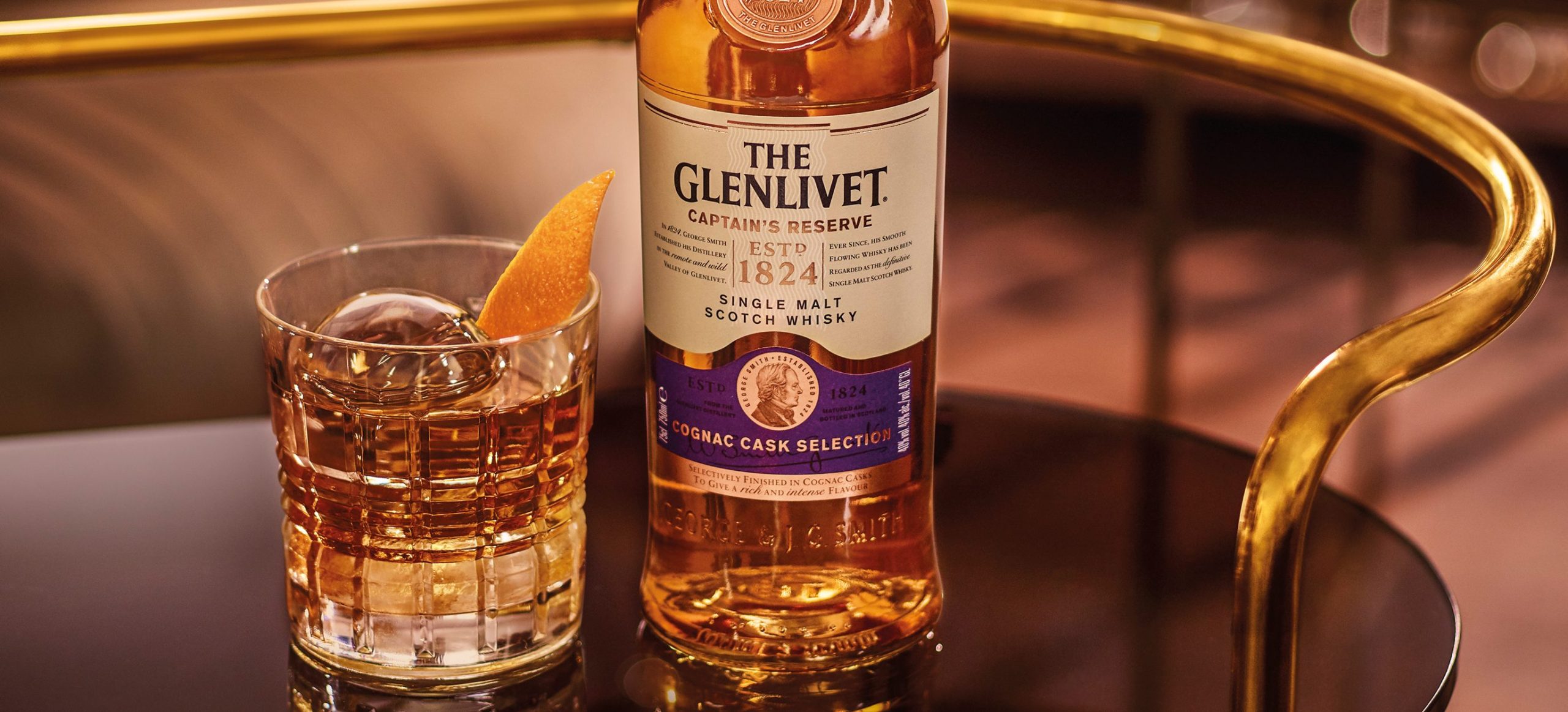
What beer goes well with whisky?
There are many different styles of beer that each go well with whisky, originating from across the globe and all with different characteristics and flavour profiles. In addition, many brands add other ingredients such as fruits and botanicals to create unique offerings that are great for pairing with whisky.
There are two basic types of beer, ale and lager, with the main difference being the type of yeast that is used in the brewing process. If you delve into these categories further, there are numerous options available encompassing everything from pale ale to porter.
If you want to get inventive with your whisky and beer pairings, you can try combining different types, alongside mixers, juices, and garnishes; just have fun with it! If you’re stuck for ideas, you can always start with some of the following beer varieties:
Ale
Traditional ales tend to be more full-bodied than other beers, often having more complex profiles based on fruits and aromatics. The malted barley used in their creation gets richer the longer it is roasted, and brewers often use a blend of malts to obtain its chestnut brown colour, and deep, smooth flavour.
British amber ales are lighter in colour and more medium-bodied, balancing the sweet, toffee notes of malt barley against the bread-like flavour of hops. Why not try it with The Glenlivet Captain’s Reserve Single Malt Scotch? The flavours of poached pears and chocolate-dipped raisins of the whisky will pair well with the bready taste of the amber ale for a drink that is reminiscent of a wintertime pudding.
Pale ales and IPAs
As the name suggests, pale ales come under the umbrella of ales. IPAs, or India pale ales, are a further subcategory still. It is said IPA gained its name during the British colonial era when a heavily hopped beer was devised that would withstand the journey from the British Isles to India.
Pale ales are full of flavour but not as heavy as their darker counterparts and often contain floral and citrus notes. They also often come with specific flavourings such as pineapple or mango which could be great for pairing with our Caribbean Reserve Single Malt Scotch which is distinctly tropical and extremely smooth.
Lager
Lagers are often the starting point for beer drinkers and are characteristically light with a slight maltiness. They tend to be crisp and ‘cleaner’ tasting, with a well-balanced, mellow flavour. This means that they can be a great option for pairing with whiskies which have a hero flavour such as The Glenlivet 12-Year-Old Single Malt Scotch which is dominated by strong pineapple notes.
Pilsner
Pilsner beers are known for being refreshing and palate cleansing thanks to their clean flavours and crisp finish. They can be aromatic, citrusy, or fruity but tend to have sweet malt as the star of the show. They are also known to have a smooth, buttery flavour which means they could pair well with our 15-Year-Old Single Malt Scotch which is also buttery yet packs a delicate yet delightful punch with a finish of almond and spice.
Stout
Stout is a very dark, full-bodied beer that is usually made with unmalted roasted barley. It has a distinctive creamy head and a taste that balances sweetness and bitterness thanks to notes of rich chocolate, coffee, caramel, and dried fruits. If you are seeking a pairing that feels very decadent then The Glenlivet 16-Year-Old Single Cask Butt 2020 might work well. It is packed with flavours of tangy plum jam and ginger with an aroma of sweet bread and butter pudding.
Wheat
Wheat beer is a variety that is brewed with a higher ratio of wheat to malted barley. The large proportion of wheat tends to impart a bready yet lemony character to the beer which overall, makes for a bright and refreshing drink. Our Founder’s Reserve Single Malt Scotch is zesty with notes of orange on the nose and palate, making it a great candidate for pairing with wheat beers, especially if you love the taste and scent of citrus fruits.
If you’ve enjoyed discovering more about how you can use The Glenlivet to craft delicious drinks, why not check out our collection of whisky cocktail recipes, including whisky and wine cocktails for more inspiration?
